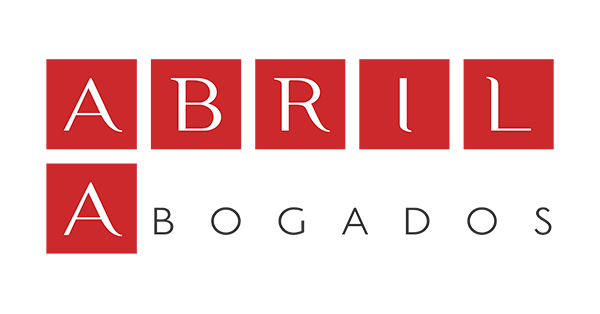It is not surprising that in the midst of the coronavirus epidemic, the authorities continue detecting illegal business initiatives that aim to introduce smuggled and/or counterfeited medical equipment into the EU trade, as it has recently been verified when detecting items accompanied by false markings “CE”.
Without prejudice to the response that the different authorities are giving to this situation, private initiatives must be highlighted, such as those of Alibaba website, which created a “black list of bad supplier “; or Amazon, which has promised to remove from its platform products that claim to combat or prevent coronavirus.
Therefore, to extreme measures of protection even in moments as dramatic as the present it is necessary, since piracy does not rest. We must remember that recently the European Union Intellectual Property Office (EUIPO) and the Organization for Economic Co-operation and Development (OECD), have published a report that aimed to know the impact of the commercialization of counterfeited medicines. The study revealed that the value of fake medicines seized between 2014 and 2016 in the EU exceeded 4,000 million euros.
The report also shows that the highest number of counterfeits is referred to antibiotics, lifestyle drugs and painkillers. If the mere possibility that this type of medicines could reach EU consumers is alarming itself, it is even more terrifying to think that customs also seized counterfeited drugs for the treatment of cancer, diabetes, malaria, AIDS and heart disease.
Another revealing fact that can be found in the report is that more than 96% of the shipments were made by postal mail or express courier, which undoubtedly greatly hinders the work of customs agents. China and India appear as the largest producers of this type of counterfeits, while Hong Kong and Singapore are the most important transit points.
See full report here

